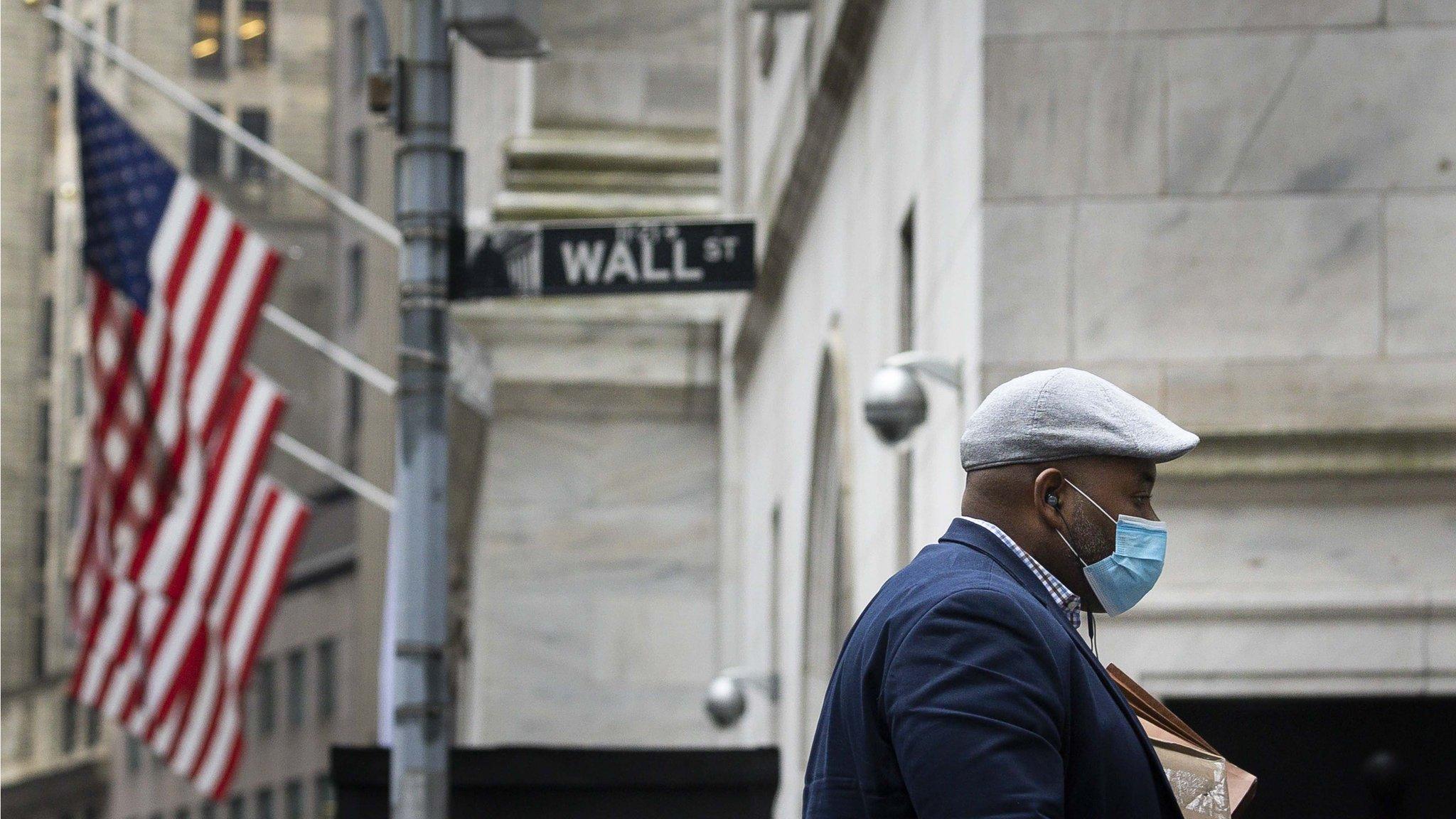'A new lockdown will be far worse for businesses'
- Published
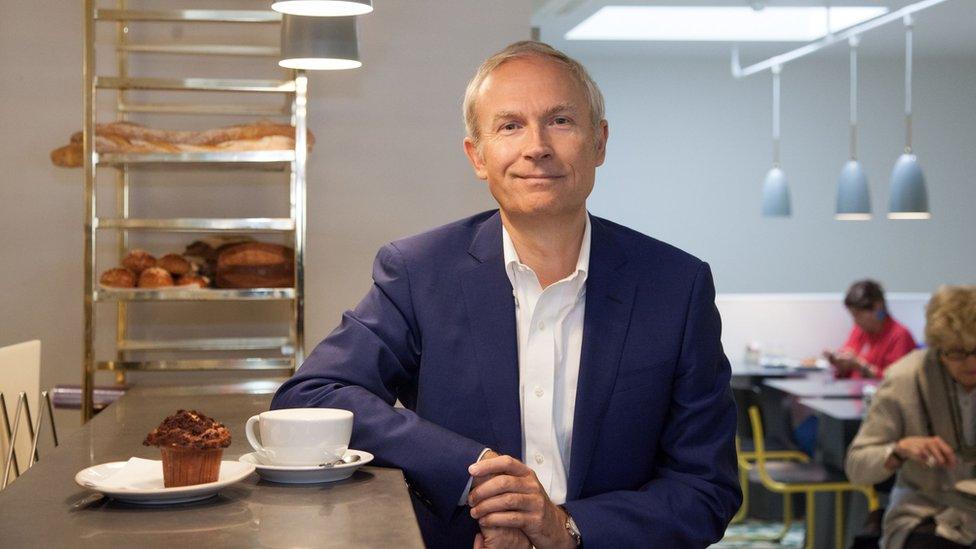
Businessman Luke Johnson says people are despairing and lockdowns are a "blunt instrument" which also have consequences
Multiple business leaders have hit out at the looming prospect of a second national lockdown in England, saying the potential damage "is immense".
Businessman Luke Johnson says the country cannot afford another lockdown.
"We [the UK] are over £2 trillion in debt now...and I think the government has neglected to account for the total loss of the lockdown," he says.
The government maintains it has struck a balance between protecting jobs, the economy and saving lives.
Mr Johnson adds: "The damage to confidence, entrepreneurs, investors, the destruction of jobs, unemployment and the social and welfare costs are immense."
This week, the London Ambulance Service revealed that it is now attending an average of 37 suicides a day, or attempted suicides, up from 22 a day in 2019.
"I think that is a direct consequence of lockdown. People are losing their jobs, they are lonely, depressed, the mental health toll on the country is exponential," says Mr Johnson, who formerly ran Pizza Express, Patisserie Valerie and the Giraffe chain.
"I think it will be much worse this winter because people can't go out into the sunshine and treat it as an extended sabbatical.
"It's going to be much grimmer."
He says his main problem with the government's strategy is that there is no clear "exit plan" for the pandemic and coronavirus restrictions.
"Before we were told it was a few weeks, and there's a suspicion it could be a few months. If Christmas is cancelled, that's it for many businesses," warns Mr Johnson.
'I feel like I'm in a dictatorship'
Frances Bishop, 29, founded children's retail chain The Pud Store, based in South Yorkshire, five years ago.
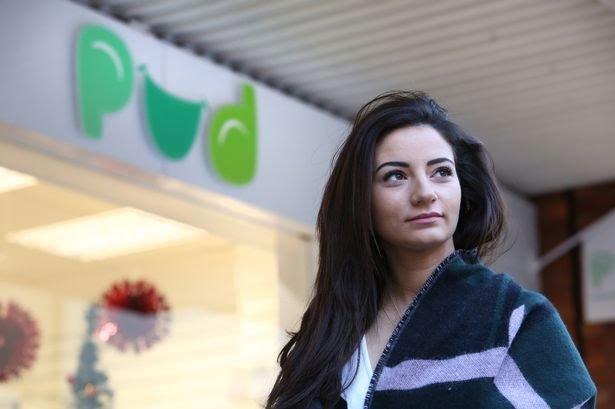
Entrepreneur Frances Bishop says she has never felt so alone as a business owner
"I feel like I'm in a dictatorship. I know they're saying they're reviewing the Tier 3 rules every 28 days, but there's been no communications from the council business groups on what they're basing these restrictions on," says Ms Bishop, who has three stores.
"It feels like you're being asked to operate a business, pay your taxes, pay your staff and try to keep your head above water, in a room that's on fire and clouded with smoke."
She says that a big problem is that stores are allowed to be open, but customers are not allowed to come, so footfall has "fallen off a cliff".
The situation has had an impact on her mental health, and Ms Bishop says that she has never felt more alone as a business owner, at a time when her employees are looking to her for leadership and support.
"I'm watching my life's work be undone everyday and I'm throwing everything at it," she says.
'The rest of us need to get back to work'
Charlie Mullins, boss of Pimlico Plumbers, says that the government "needs to listen to businesses and people in the real world".
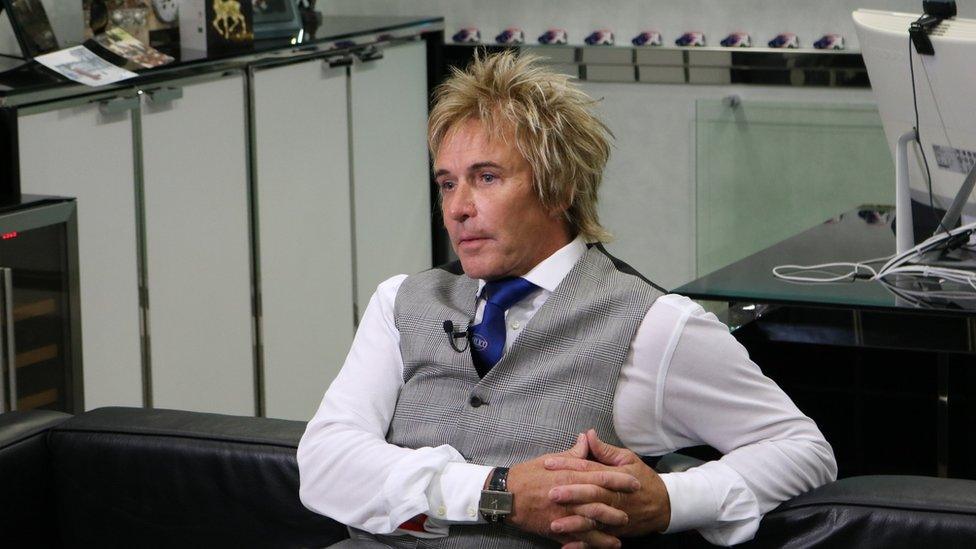
Pimlico Plumbers boss Charlie Mullins thinks the "fear factor" will do more damage to the economy than the pandemic
He thinks another lockdown will "finish many businesses off", and is also concerned about the toll of coronavirus restrictions on people's wellbeing.
"They're basically going the wrong way about it. The virus is going to be here for a while, we've got to learn to work around it, we can't surrender to it," he tells the BBC.
"We need to protect the elderly and vulnerable, of course, but the rest of us need to get back to work."
His view strongly echoed that of Mr Johnson.
Mr Mullins said his firm has attended over 200,000 house calls through the pandemic and not one employee or customer has caught the coronavirus.
"The last furlough scheme they did was too generous, it's created an atmosphere of, 'I want to work from home and stay at home'," he says.
"Boris must stand firm and ignore the fear junkies who want to play Russian roulette with our economy."
'We need clarity on Christmas'
Businesses have been telling the BBC since September that they are worried about Christmas - traditionally the most important time of the year for the hospitality, retail and event industries.
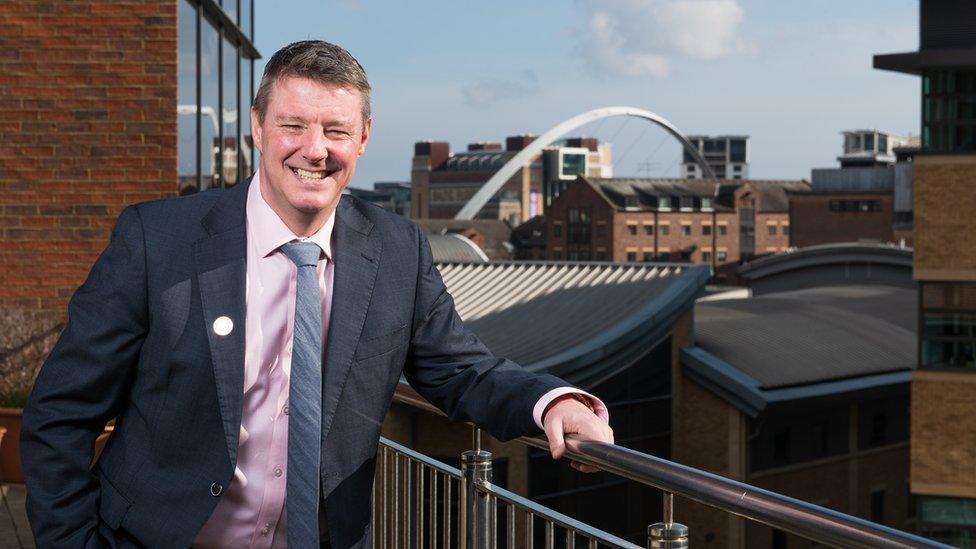
Hospitality firm boss Gary Forrest says closing venues at 10pm means people leave an environment that ensures their safety for one that doesn't
"People are trying to book Christmas parties, we don't know if we can accept them - it's tending towards being a total disaster. The hospitality industry cannot afford to have a poor December this year," says Gary Forrest, chief executive of the High Street Group, which owns a large chain of bars, restaurants and hotels across the north-east of England.
Mr Forrest was particularly frustrated that pubs and restaurants such as his have invested in measures to protect their customers, but now the industry "seems to be bearing the brunt of the government's restrictions".
"They told us to bring in table service - and the cost of table service is huge, your salary costs go up exponentially - and all the technology changes, but then they still come along and say, 'now you still need to shut the bars at 10pm'," he says.
"I'm worried about the 300 people we employ, who've got mortgages and rent to pay."
Mr Forrest wants to see a system where venues are certified by the local authorities and regularly checked to ensure compliance with safety rules.
And he wants more support for firms and venues located in parts of the UK where restrictions are in place, but fall short of a full lockdown with mandatory closures.
He says the support for businesses operating in this 'Tier 2' environment is not sufficient.
'We've got to get past the pandemic'
But not all business leaders are against the government's coronavirus restrictions.
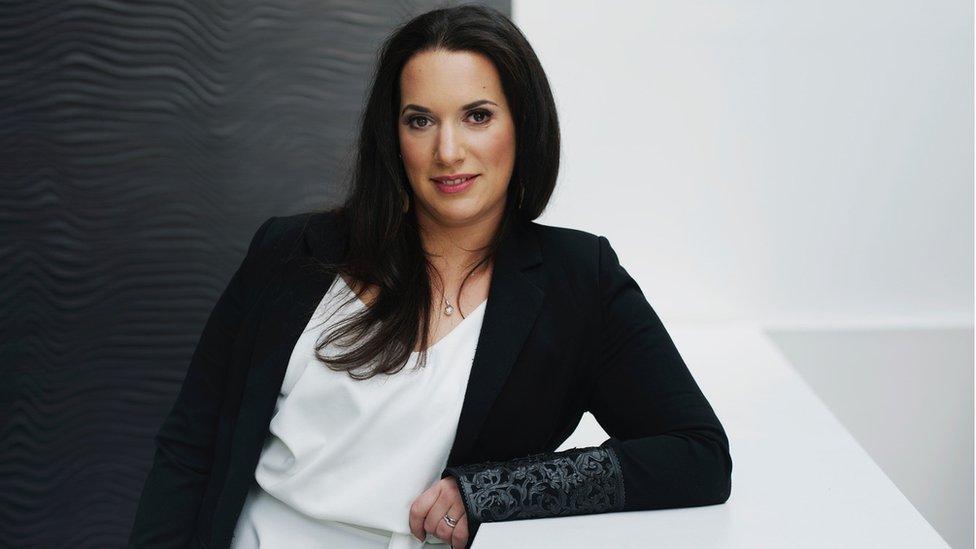
Events firm owner Debbie Marks says we have to do what it takes to get through to the other side of the pandemic
Debbie Marks is chief executive of Qube Events, one of the North's largest luxury event companies organising large scale weddings, corporate events, private parties and galas — and now Christmas decor specialists.
"We need the restrictions to be lifted on how many people can come to an event, because 15 people is really not viable for our industry - but we need to bring an end to the pandemic, so if having a lockdown is what we need, then that's what needs to be done."
Ms Marks says she already has an order book full of events starting from next March, and that the UK has to get through the pandemic to the other side so that the events industry can resume.
However, she says that isn't possible without support from the government.
"I'm devastated about the support the government has not given our industry. We've been completely ignored, and we're a billion pound industry," she explains.
A government spokesperson said: "At all stages we have been guided by medical and scientific advice, and have taken the necessary action in order to rightly strike a balance between protecting jobs, the economy and saving lives.
"We have always been clear that we keep these measures under constant review so they do not have to be in place for any longer than is necessary."
- Published29 October 2020
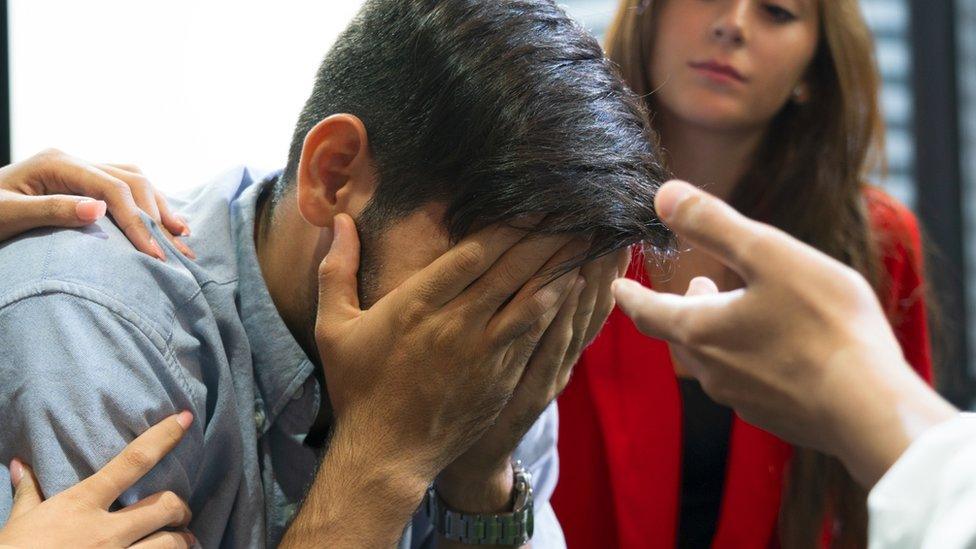
- Published28 October 2020
